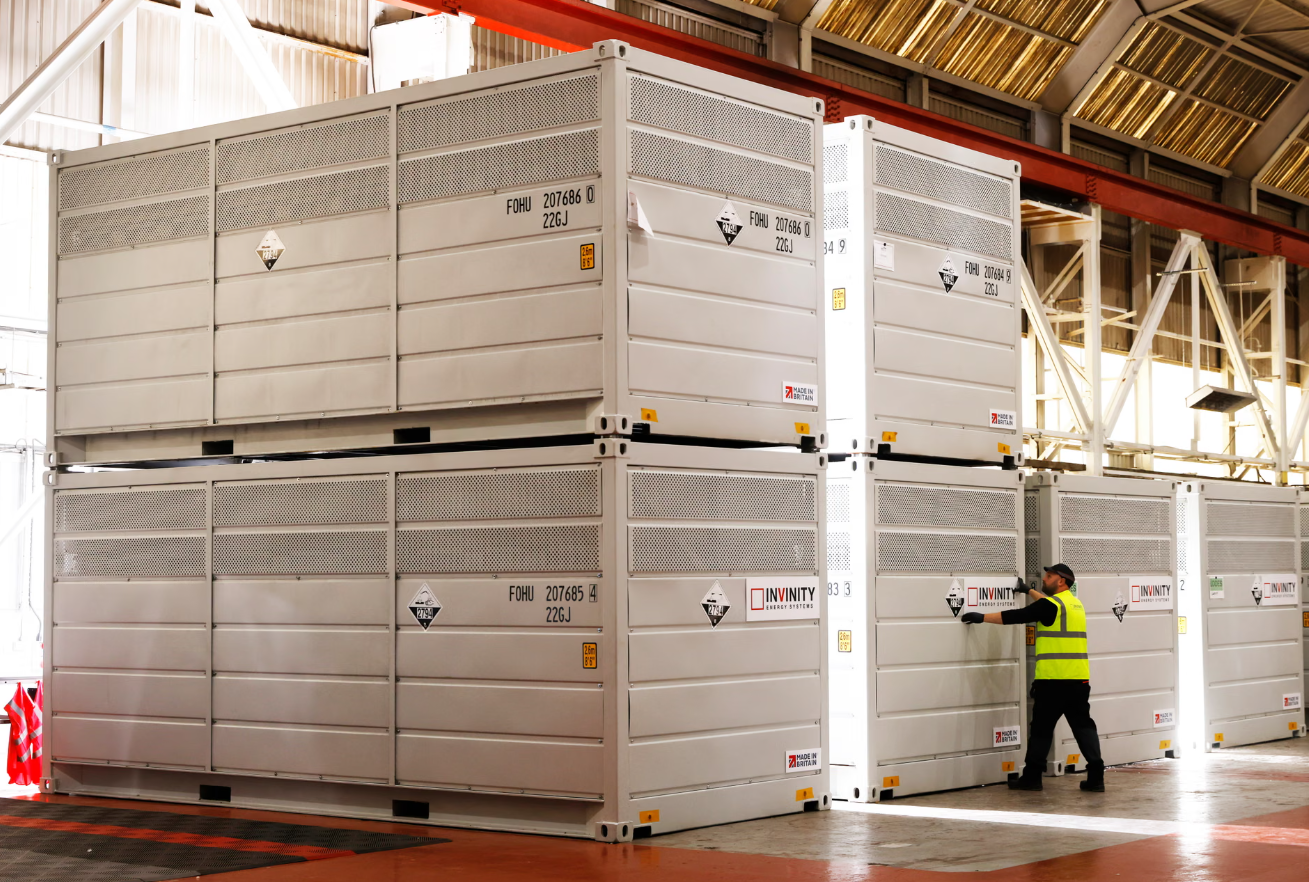When it comes to storing fruits and vegetables, the age-old question of whether you can store tomatoes near bananas often arises. This inquiry is not merely a matter of convenience; it touches on the intricate science of ethylene gas and its effects on ripening. Understanding the relationship between these two popular produce items can help you maintain their freshness and flavor for a longer period.
The Ethylene Connection
Ethylene is a natural plant hormone that plays a crucial role in the ripening process of many fruits. Some fruits, including bananas, are classified as ethylene producers, meaning they release this gas as they ripen. Tomatoes, while technically a fruit, are considered ethylene-sensitive. This means that they can be affected by the ethylene gas emitted by other fruits, which can accelerate their ripening process.
The Impact of Ethylene on Tomatoes
When tomatoes are stored near bananas, the ethylene gas released by the bananas can cause the tomatoes to ripen more quickly than they would on their own. This accelerated ripening can lead to overripe tomatoes, which may spoil faster and lose their desirable texture and flavor. For those who prefer their tomatoes firm and fresh, this is an important consideration.
Best Practices for Storing Tomatoes and Bananas
To maximize the shelf life and quality of both tomatoes and bananas, consider the following storage practices:
- Separate Storage: Ideally, store tomatoes and bananas in separate areas. If you have limited space, consider using different compartments in your refrigerator or pantry. This will help minimize the exposure of tomatoes to ethylene gas.
- Temperature Matters: Tomatoes are best stored at room temperature, away from direct sunlight. Refrigeration can alter their texture and flavor. Bananas, on the other hand, can be stored at room temperature until they reach the desired ripeness, after which they can be refrigerated to slow down further ripening.
- Monitor Ripeness: Keep an eye on the ripeness of both fruits. If your bananas are ripening too quickly, you might want to store them in a paper bag to contain the ethylene gas until they reach the desired level of ripeness. Once they are ripe, consume them promptly or refrigerate them to extend their shelf life.
- Use Ethylene Absorbers: If space constraints force you to store tomatoes and bananas together, consider using ethylene absorbers. These products can help mitigate the effects of ethylene gas, allowing you to store both fruits in closer proximity without compromising their quality.
The Bottom Line
In conclusion, while it is technically possible to store tomatoes near bananas, doing so may not be the best choice for maintaining the quality of your tomatoes. The ethylene gas emitted by bananas can accelerate the ripening process of tomatoes, leading to a shorter shelf life and potential spoilage. By employing proper storage techniques and understanding the ethylene dynamics at play, you can enjoy both fruits at their peak freshness.



More Stories
How SBR Rubber Sheets Are Manufactured: From Compounding to Vulcanization
Exploring New Chapters of Development Together! Shuifa Singyes New Materials Participates in C-Touch & Display Shenzhen 2025 and Commercial Display
Design Considerations for Transparent Toast Bags Used in Professional Bakery and Bread Packaging Lines